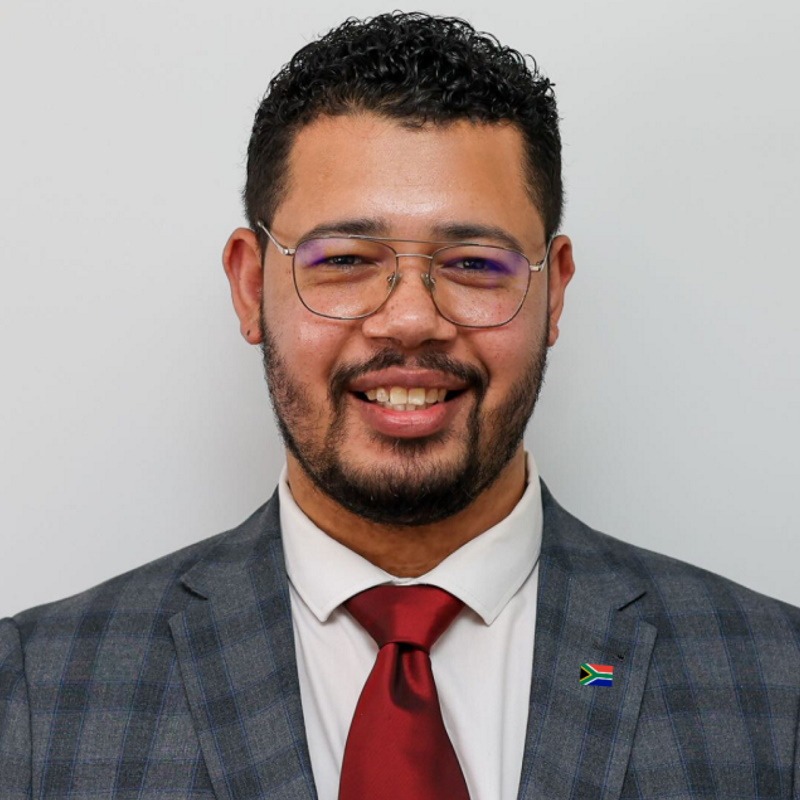How AI is elevating Africa’s role in geopolitics and grand strategy
Even small digital actions can have profound political effects in today’s world. Consider, for instance, the rise of grassroots movements, like Arab Spring, on social media. Or hashtag movements like #MeToo. Or even scandals like Cambridge Analytica and its alleged political manipulation during the US elections.
Each of these events has shaped global politics in various ways. How is not essential for now, but it is safe to say the impact was profound and far-reaching. However, given this context, when artificial intelligence (AI) enters the room as a compelling digital technology, it makes sense for us to understand its potential and actual political impact so we can prepare for and respond to the change the technology brings.
More specifically, I’m curious for us to understand more intricately how AI, geopolitics, and grand strategy intersect in Africa. Understanding the intersection would reveal valuable insights. These insights, in turn, presumably tell a story of both opportunities and challenges for Africa.
So far, we’ve witnessed accounts of how AI transforms many aspects of life globally. It would be fair to say Africa feels its impact too (given the number of AI startups in the region, various continental and national AI programmes, and foreign direct investment in AI). Moreover, it’s hard not to notice how AI reshapes how the continent’s businesses and governments operate (with various deals between them and AI companies) and, equally importantly, how the rest of the world sees and interacts with African nations for AI projects.
The point I’m driving home is that AI isn’t just about technology; it’s becoming essential to geopolitics. Let’s consider a few reasons. First, AI reportedly helps countries make decisions by analysing large amounts of data quickly, improving everything from national security to economic planning. For instance, countries like the United States and China leverage AI for national security, including cybersecurity and surveillance, demonstrating its vital role in modern strategies. Adopting AI could enhance our security measures and intelligence capabilities too, making Africa more robust against regional conflicts. However, at a more meaningful level, AI could also help us manage resources better, provide better social grant allocation, improve citizen engagement, and enhance the public service.
Secondly, the technology could make Africa more competitive globally, mainly through its application in economic sectors such as mining and agriculture where AI can predict weather conditions, optimise planting schedules, and manage resources more efficiently. The technology could boost productivity and sustainability, positioning us more competitively in the global agricultural market.
Finally, AI is reshaping global power dynamics, with its integration affecting geopolitics through the strategic advantages it offers nations. For African countries, developing AI could enhance our geopolitical influence by strengthening international relationships, attracting investments, and ensuring participation in global AI governance discussions. The global race for AI dominance also leads to new alliances centred on AI research and ethics. We could benefit significantly by joining or forming such alliances, providing access to shared technologies and standards. Effectively harnessing AI holds the potential to elevate the geopolitical stature of African nations, positioning us as key players in global affairs.
But how do we do so?
Grand strategy is crucial—it’s about planning to use the continent’s and individual country’s resources wisely to achieve long-term goals. Incorporating AI into these grand strategies is essential for Africa.
The African Union’s (AU) recent publication of a draft white paper on AI marks a significant milestone in the continent’s journey regarding grand strategy.
The white paper outlines the transformative potential of AI for socio-economic development in Africa, suggesting ways African governments can utilise AI to improve sectors like healthcare, education, agriculture, and transportation. It emphasises the need for tailored AI policy frameworks, strategic fiscal and monetary policies, and international cooperation to support AI advancements. Additionally, the paper highlights the importance of investing in AI education and training, creating a supportive environment for innovation, prioritising funding for AI deployment, and ensuring ethical AI use. By following these guidelines, African governments can leverage AI to enhance service delivery and stimulate economic growth.
Still, African leaders could also learn from how other countries use AI in their grand strategies. We could look at examples like Singapore’s “AI for Everyone” campaign. The campaign intends to give all citizens a working knowledge of AI. African nations can tailor these strategies to our needs, ensuring that AI helps rather than harms our sovereignty.
Crucially, as AI develops, our countries must create environments that nurture innovation while protecting against potential negative impacts like unethical AI use, surveillance and loss of privacy. Policies should focus on keeping AI use transparent, accountable, and trusted by the public.
As the world becomes more interconnected through technology, we can redefine our global standing. By integrating AI into our geopolitics and grand strategy, we position ourselves as active shapers of the future. The path ahead is largely unwritten for now, and Africa is poised to write a success story of strategic innovation and growth.
